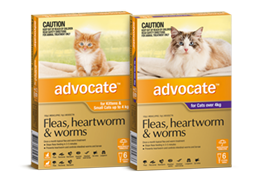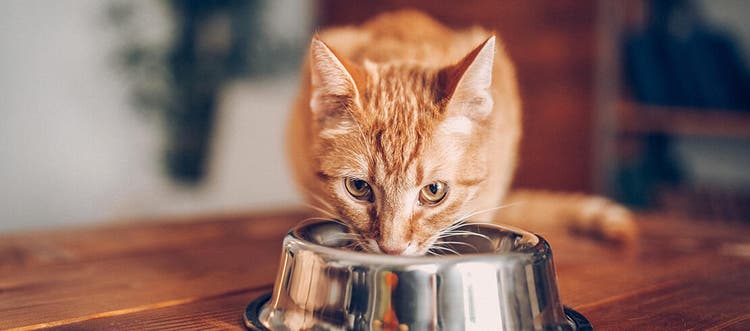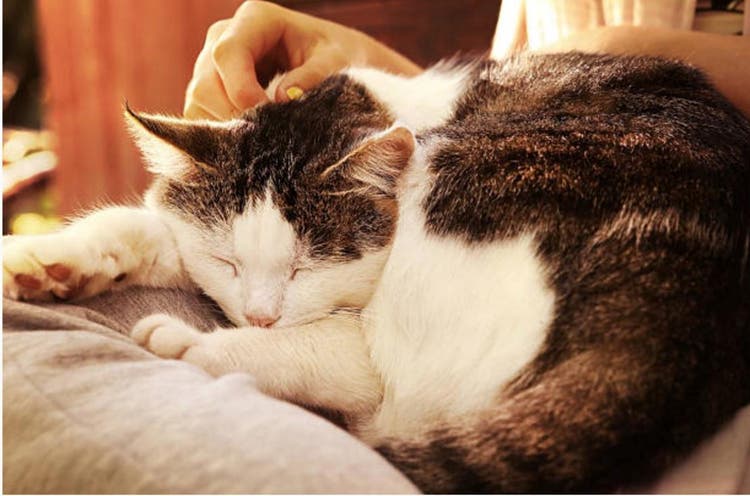Hookworms are a common parasite that mainly affect kittens but can also affect adult cats, especially those that like to hunt. Learn how cats become infected, the signs to watch for and the treatment and prevention options available.
Hookworm in cats: what do you need to know?
Hookworms are intestinal parasites typically found in temperate, sub-tropical and tropical regions throughout the world. Kittens are most at risk for contracting this parasite, although adult cats can also become infected.
How do cats become infected with hookworm?
Cats can encounter this parasite in a few different ways. Infected cats will regularly pass faeces containing hookworm eggs into the environment. The eggs hatch into larvae that can survive in the soil for weeks.
Other cats can either eat these larvae (for example, if soil gets on to their paws and they groom themselves), or the larvae can penetrate into the cat’s paws directly from the soil before making their way through the cat’s body to the intestine.
Hookworm larvae in the environment can also be ingested by small animals and insects such as birds, mice, lizards, cockroaches etc. These animals are referred to as transport hosts, where the hookworm larvae lie inactive in the host’s tissues. Cats that hunt become infected when eating an infected transport host, thereby indirectly ingesting the hookworm larvae.
Once inside your cat’s intestines, hookworm larvae mature into adult hookworms which lay eggs, and the cycle starts all over again.
Hookworm symptoms in cats
The signs of a hookworm infection in cats can vary. If a cat carries low numbers of worms, they may not show any signs at all. Higher worm numbers can be associated with anaemia (because the worms feed on blood), blood in the stool, a dull coat and weight loss. These signs tend to be more common and serious in affected kittens than in adult cats. Respiratory disease and pneumonia may occur in kittens when large numbers of larvae migrate through the lungs. Skin irritation, mainly on the paws, may also be seen as hookworm larvae can penetrate through the skin.
If you suspect a hookworm infection in your cat or kitten, contact your vet. Take the vet a sample of your cat’s stool to be analysed under the microscope, where they may identify hookworm eggs.
Treating cats for hookworm
Regular deworming is key to making sure your cat stays healthy and free of worms. Treating kittens frequently from a young age with a broad-spectrum dewormer is essential to keep them healthy. Always consult your veterinarian for advice about deworming.
Treatments such as AdvocateTM and MilbemaxTM are very effective against hookworms and other major gastrointestinal worms in cats. Learn more about the different types of worms these products protect against in our complete guide to worms.



